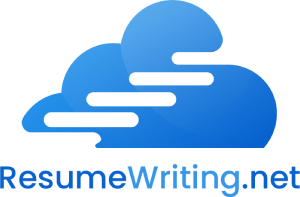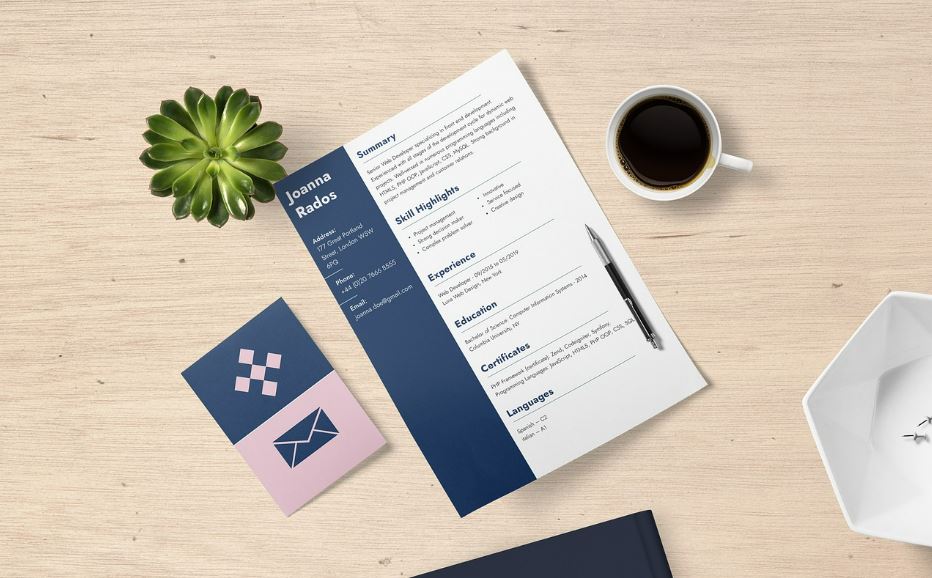A resume outline is a great resource that will make it easier to assemble a well-structured resume and ensure that you don’t leave any pertinent information out. Use the sections of your resume format as the skeleton of your resume outline, adding subsections to highlight accomplishments and experiences that make you the best candidate for the job.
Below is a sample outline with some ideas for subheadings. You may also consider other subheadings related to your career field or job search. Once you’ve chosen your sub-sections and filled them with your information, it’s easy to plug it into your resume format.
Of course, you’ll delete sub-sections or optional sections that aren’t relevant or those that you prefer not to add to your resume. Also, leave out any information (other than employment history) that isn’t relevant to your job search or doesn’t concisely show that you would be an asset to your prospective employer.
- Contact Information
- Name
- Mailing address
- Daytime phone
- Night time phone
- Cell phone
- Fax
- Resume Objective – this is one or two short sentences that explain if you are seeking employment:
- With a particular company
- In a specific field of employment
- For a specific job
- Profile or Summary of Qualifications – another optional section that is most often used in the skills resume format.
- Publications
- Awards
- Achievements
- Employment History – usually a reverse chronological record of employment, but in addition to jobs may include:
- Military Experience
- Paid Internships
- Education
- Colleges
- Trade School
- High School (GED)
- Continuing Education
- In-house training
- Honors & awards
- Internships
- Relevant Course Work
- Advanced Career Training
- Continuing Education
- Skills
- Technical Skills (i.e. office machines you can operate, programming skills)
- Office Skills (e.g. clerical skills like filing, data entry skills, bookkeeping or accounting skills)
- Languages
- Organizational (e.g. seminars, events, presentations)
- Sales skills
- Administrative
- Licenses
- Certifications
- Activities
- Professional
- Community Service
- Memberships
- Volunteer Work
- Affiliations
Some sub-sections work equally well in two or more sections. For instance, a certification might have earned you a promotion in a prior job. In that case, keep it with employment information rather than as a type of continuing education. Remember, your goal is to make it easy for an employer to see that you are the right candidate for the job!


